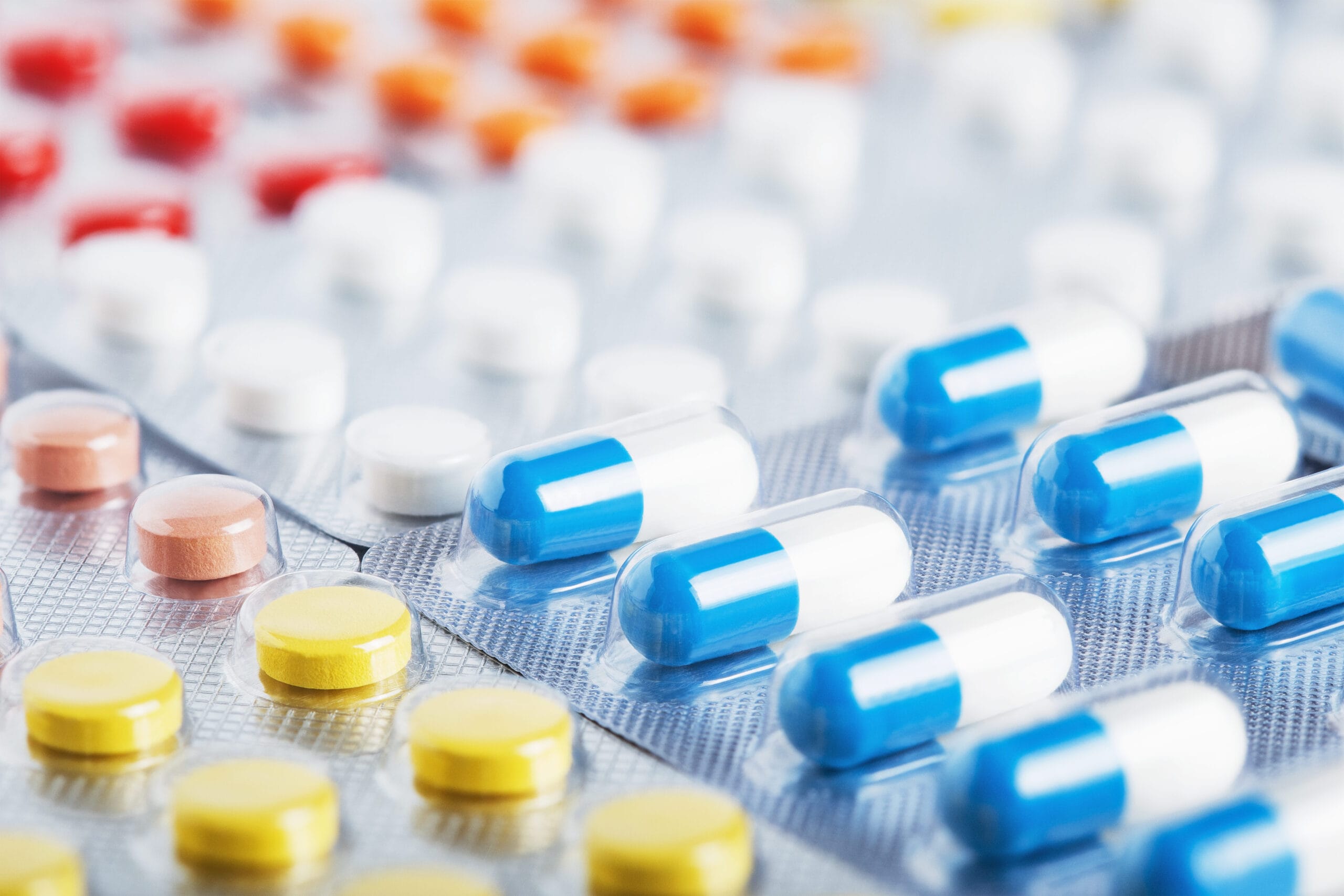
USP Pharmaceutical Testing (cGMP)
SGS Polymer Solutions is a cGMP compliant independent contract lab with years of experience serving the pharmaceutical industry.
United States Pharmacopeia (USP) is an independent, scientific nonprofit organization which sets standards in compounding, biologics, pharmaceutical, and other fields for the United States. Overall, their goal is to help ensure the supply of safe and quality medicines by working with global supply chains.
SGS Polymer Solutions offers monograph and general testing as well as custom testing for your specific material based on USP guidelines. Monograph methods can be verified and custom testing methods can be validated following ICH Q2(R1) methodologies. This applies for both active pharmaceutical ingredients (API) and excipients for lot release testing of raw material and compounded materials. In addition to those, we also offer testing of pharmaceutical packaging materials such as bottles and closures.
We are FDA registered and offer cGMP compliant testing services on large or small projects as well as routine testing for lot release and one-off testing. We are also DEA licensed for schedule 2, 2N, 3, 3N, 4, and 5 drugs.
Approaches/USP General Test Methods:
Spectroscopy Lab Services
USP <197> is the general spectroscopic identification guidance. USP <857> is specific for UV-Vis Analysis and typically used for confirming concentrations of compounds. USP<854> is specific to FT-IR analyses and is commonly used for confirming the identify of chemical compounds using USP reference materials.
Chromatography
USP <621> is utilized for a variety of purposes including purity analysis, quantification of residual monomer, and identification and/or quantitation of residual solvents. While USP <621> covers system suitability, monographs and test methods provide more specific details. SGS Polymer Solutions has a wide range of gas and liquid chromatography techniques such as HS-GC-MS, GC-MS, GC-FID, HPLC, LC-MS, and GPC/SEC.
Inductively Coupled Plasma Analysis (ICP)
USP <233> Method 1 for Elemental Impurities may utilize ICP-OES to identify and quantify elemental impurities or metals which can be introduced at various stages during manufacturing.
Karl Fischer Titrations
USP<921> Method 1 is used to determine the moisture content of materials that are either hydrates or contain water in adsorbed form. This can be applied to ensure that materials are properly dried before compounding after storage or as new lots of raw material are delivered.
Gel Permeation Chromatography | Size Exclusion Chromatography (GPC|SEC)
is used for the determination of molecular weight of materials and typically has method specifics referenced in the monograph. USP<621> for Chromatography covers general guidelines for the testing
Thermal Testing
USP <891> covers Differential Scanning Calorimetry Testing (DSC), Thermogravimetric Analysis (TGA), and Hot Stage Optical Microscopy. These thermal analyses are used to characterize the onset of melting and melting point of materials, provide information related to loss-on-drying, and can be used to determine the purity by absorption of latent heat of fusion from melting.
